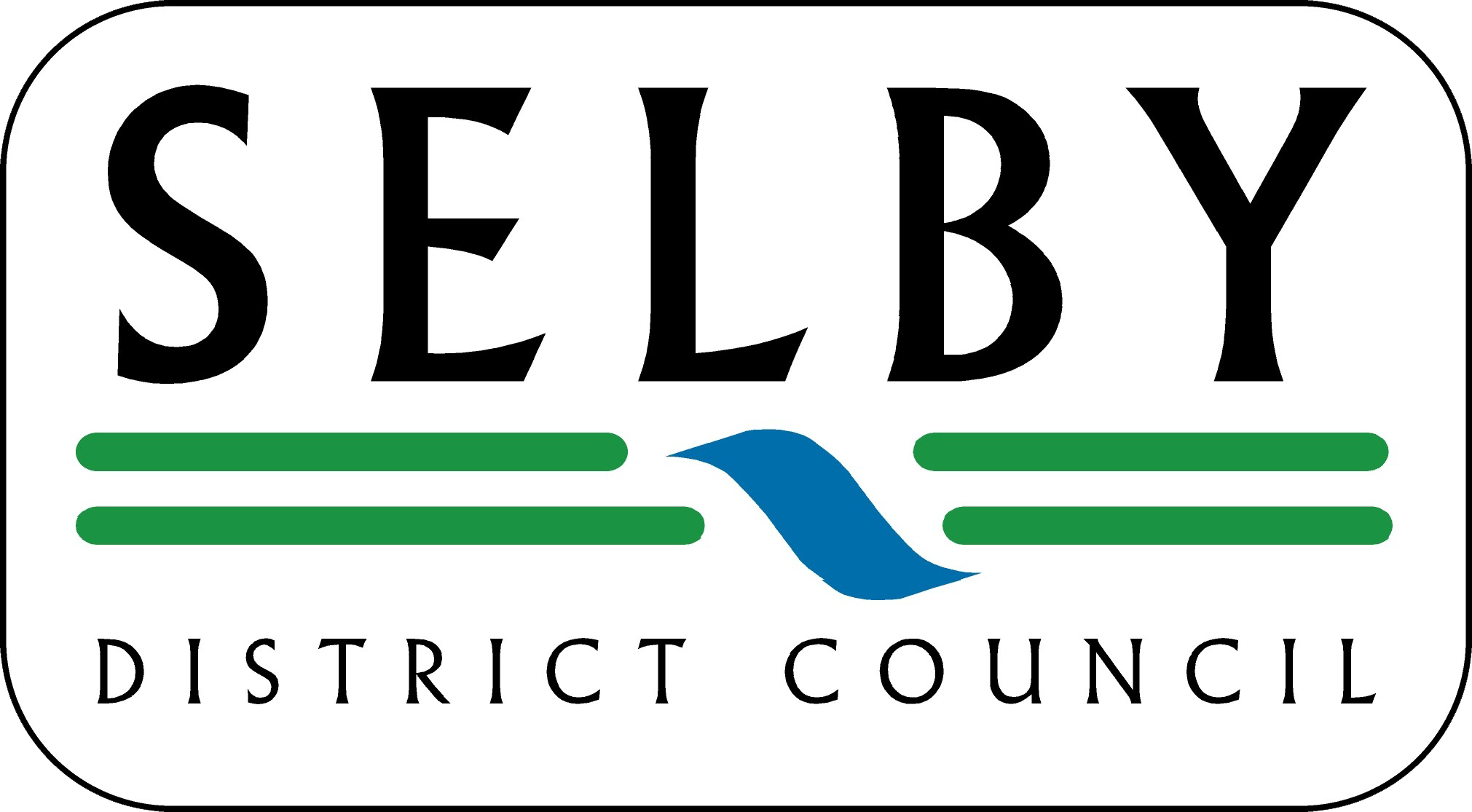Agenda item
Draft Revenue Budget and Capital Programme 2019/20 and Medium Term Financial Plan (PR/18/7)
To consider the Draft Revenue Budget and Capital Programme 2019/20 and Medium Term Financial Plan.
Minutes:
The Committee received the report of the Chief Finance Officer and were afforded the opportunity to comment on the Draft Revenue Budget and Capital Programme 2019-20 and Medium Term Financial Plan.
Councillor C Lunn, Executive Lead Member for Finance and Resources was also present at the meeting.
Members noted that at its meeting on 10 January 2019 the Executive discussed the budget report, which asked the Executive to recommend that the draft budgets, bids and savings be approved for public consultation and submitted to Policy Review Committee for comment.
The Chief Finance Officer explained that the budget report presented the draft revenue budget, capital programmes and latest forecast for the Programme for Growth for 2019/20 to 2021/22. The 2019/20 budgets showed a forecasted balanced budget after taking into account planned savings and reserve drawdowns.
Members noted that in 2019/20 it was proposed that circa £3.7m be transferred to the Business Rates Equalisation Reserve to provide future revenue support in line with the previously approved MTFS policy. In 2020/21 £745k would be drawn down from this reserve and a further £294k would be required in 2021/22. The on-going use of reserves to support the revenue budget in this way was not a long term sustainable solution and therefore achievement of efficiency savings and additional income generation remained crucial, as plans for Business Rates and Council Tax growth were brought to fruition.
The Committee acknowledged that the draft budget also included Capital Programme proposals for the General Fund and HRA which, with exception of housing development loans and programmes (which were funded through borrowing) were funded from reserves and external funding. Subject to the outcome of the 2019 Spending Review, Fairer Funding Review and wider economic risks, plans were in place to deliver a sustainable budget going forward.
The Chief Finance Officer updated the Committee on the discussions that were had at Executive meeting on 10 January 2019; the draft minutes of the meeting were circulated to the Committee. The Executive had resolved to amend the proposed increase in council tax to £3 for an average band D property. The Executive Member for Finance and Resources explained that the financial impact of this amendment would be that an additional £63k would need to be found to fund Council services, and would require the Council to draw down more from its reserves in the short term. Members noted that there would also be an ongoing impact to the council tax income base and required savings for future years.
Members debated the report in full and queried a number of issues, including the outcome of the government’s upcoming Fairer Funding Review, the impact of the 1% reduction in housing rents on the Housing Revenue Account and the future of renewable energy business rates from Drax Power.
Members also queried whether a one year freeze in council tax had been considered. The Executive Member confirmed that whilst this had been considered, it had been rejected as the effect it would have on the council tax income base was too detrimental.
The Committee were pleased to note that the Council was continuing to explore investing more of its reserves, but accepted that the economic environment in which the Council was operating was uncertain. Whilst the Council had already made some investment decisions, i.e. the recent purchase of former bank premises in Tadcaster and Selby, future investments needed to be carefully considered and the Council’s capital protected. Borrowing to invest and investing outside of a Council’s own area were not encouraged by the government. Officers confirmed that it was estimated that current investments in property funds could give a return of around 4%, which was a prudent estimate. Members acknowledged that even high street investment was risky in the present financial climate.
Officers explained that the Council was always looking to identify new savings, and that should it be required, some process improvement savings could be brought forward if others were not realised.
Members noted that the levels of borrowing identified in the report were due to the Council borrowing from its own balances to finance the planned loans to Selby and District Housing Trust; the loans would be paid back, most likely over a period of 30 to 40 years.
Lastly, the Committee queried the expected return in revenue of the Programme for Growth (P4G). Officers explained that it was difficult to precisely estimate such a return. The effects of the P4G, such as more houses being built, would increase the council tax base and therefore council tax income. However, there were accompanying costs to be considered in relation to new homes, such as the need for more bin collections, street cleansing and other Council services. It was expected that the P4G would encourage more businesses to invest in the district, in turn increasing the amount of business rates retained by the Council, but this was subject to the government’s review of the Local Government funding formula and the Business Rates Retention System.
RESOLVED:
i) To note the Draft Revenue Budget, Capital Programme 2019-20 and Medium Term Financial Plan, including the amended proposed increase in council tax to £3 for an average band D property.
ii) To note the draft budgets, bids and savings for public consultation.
Supporting documents:
-
Report: Draft Revenue Budget and Capital Programme 2019/20 and Medium Term Financial Plan, item 26.
 PDF 300 KB
PDF 300 KB -
Appendix 1: Executive Report E/18/40 considered on 10 January 2019, item 26.
 PDF 343 KB
PDF 343 KB -
Appendix 2: Appendices A to F of Executive Report E/18/40 considered on 10 January 2019, item 26.
 PDF 188 KB
PDF 188 KB
